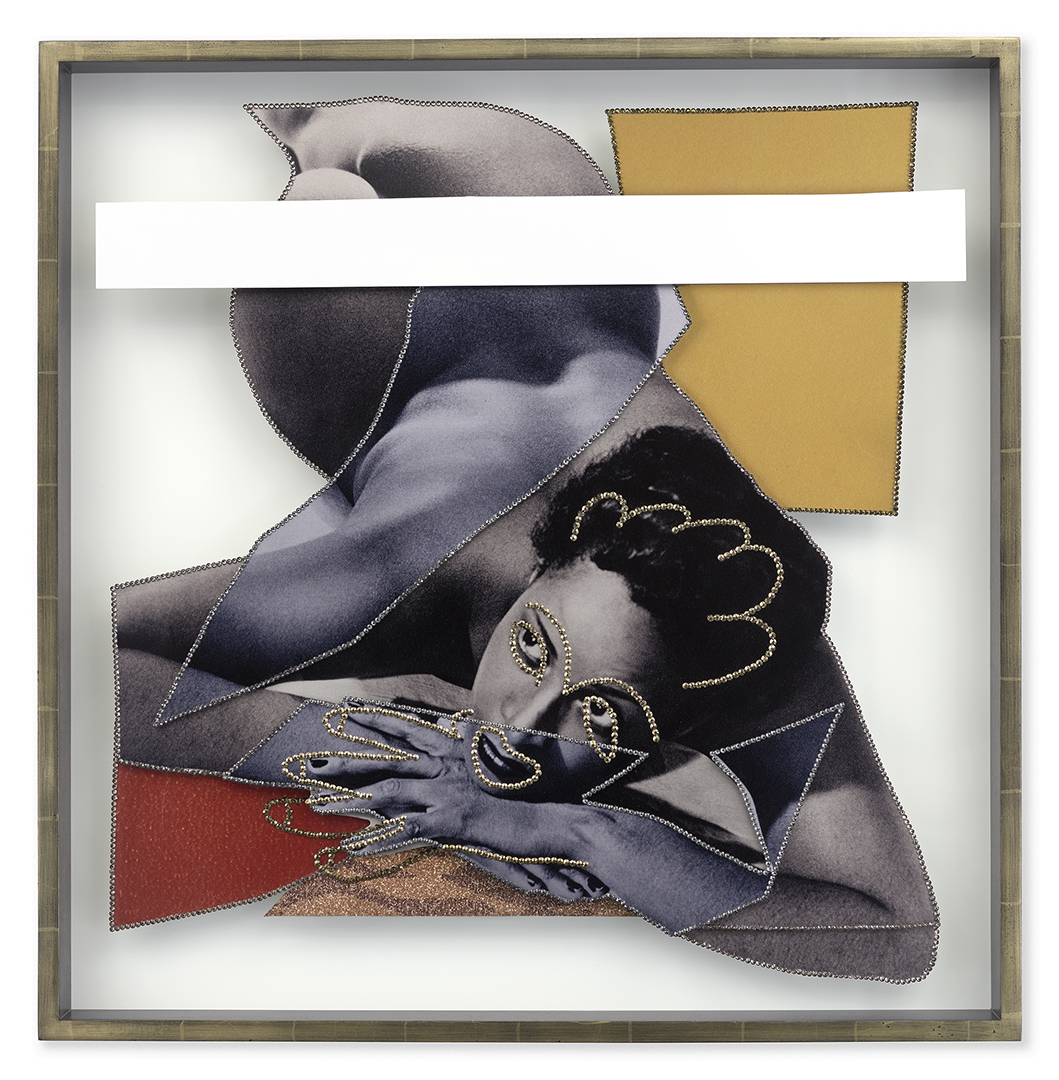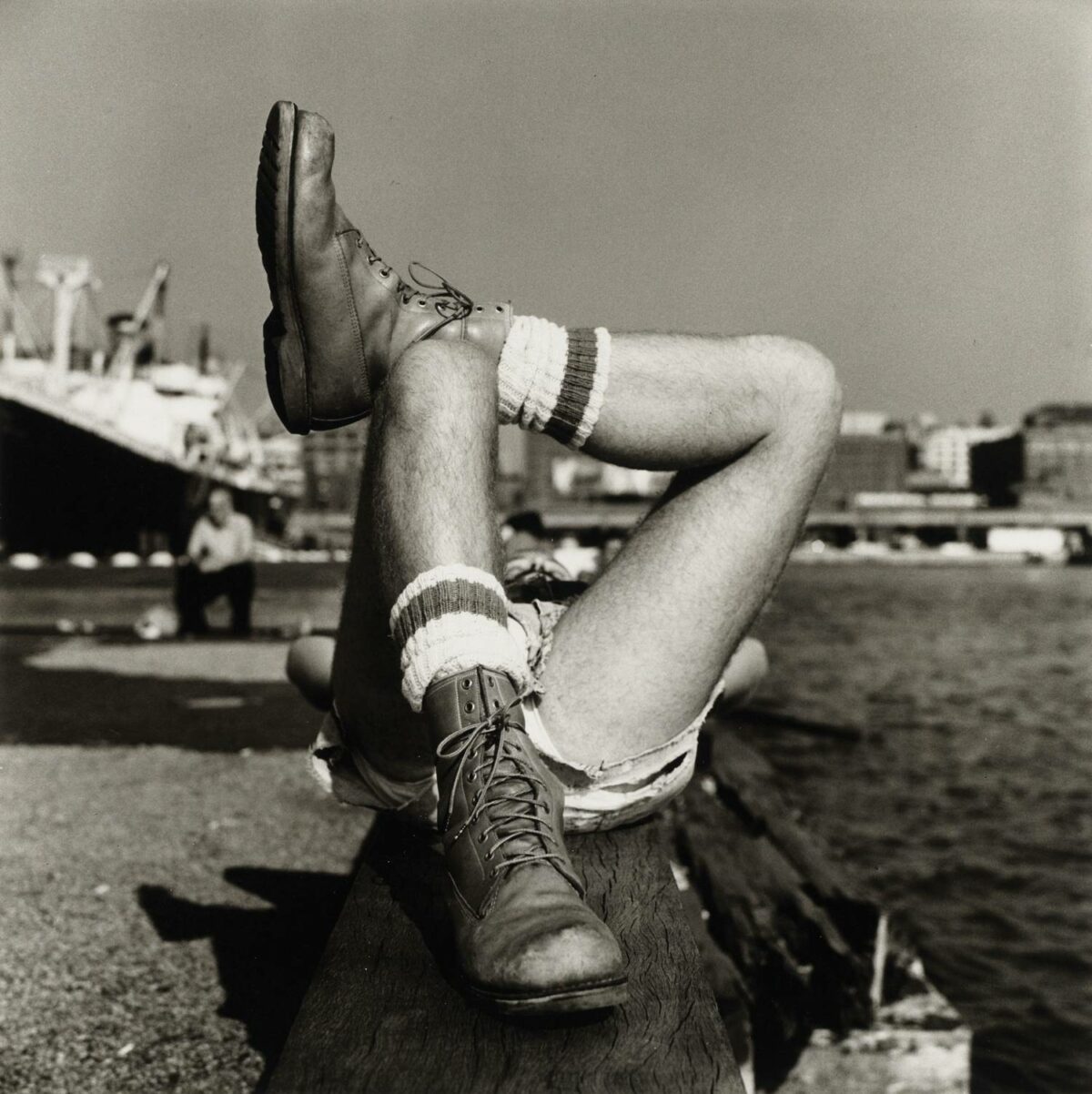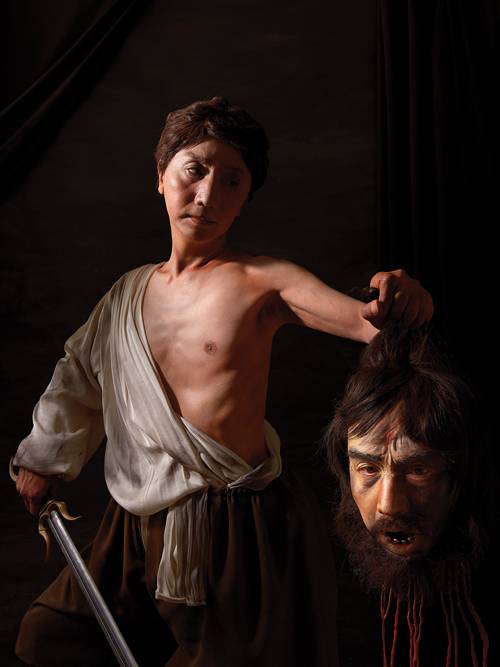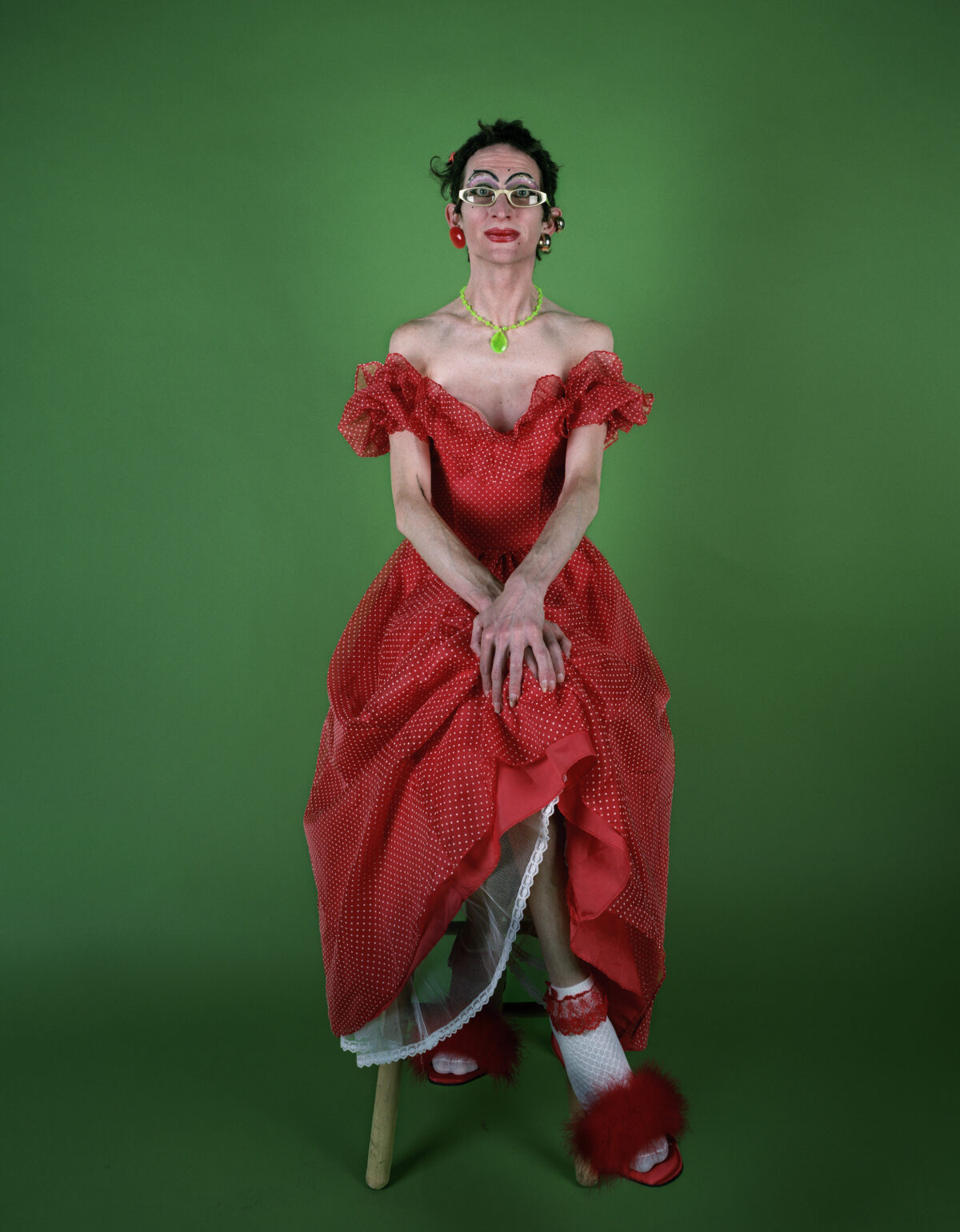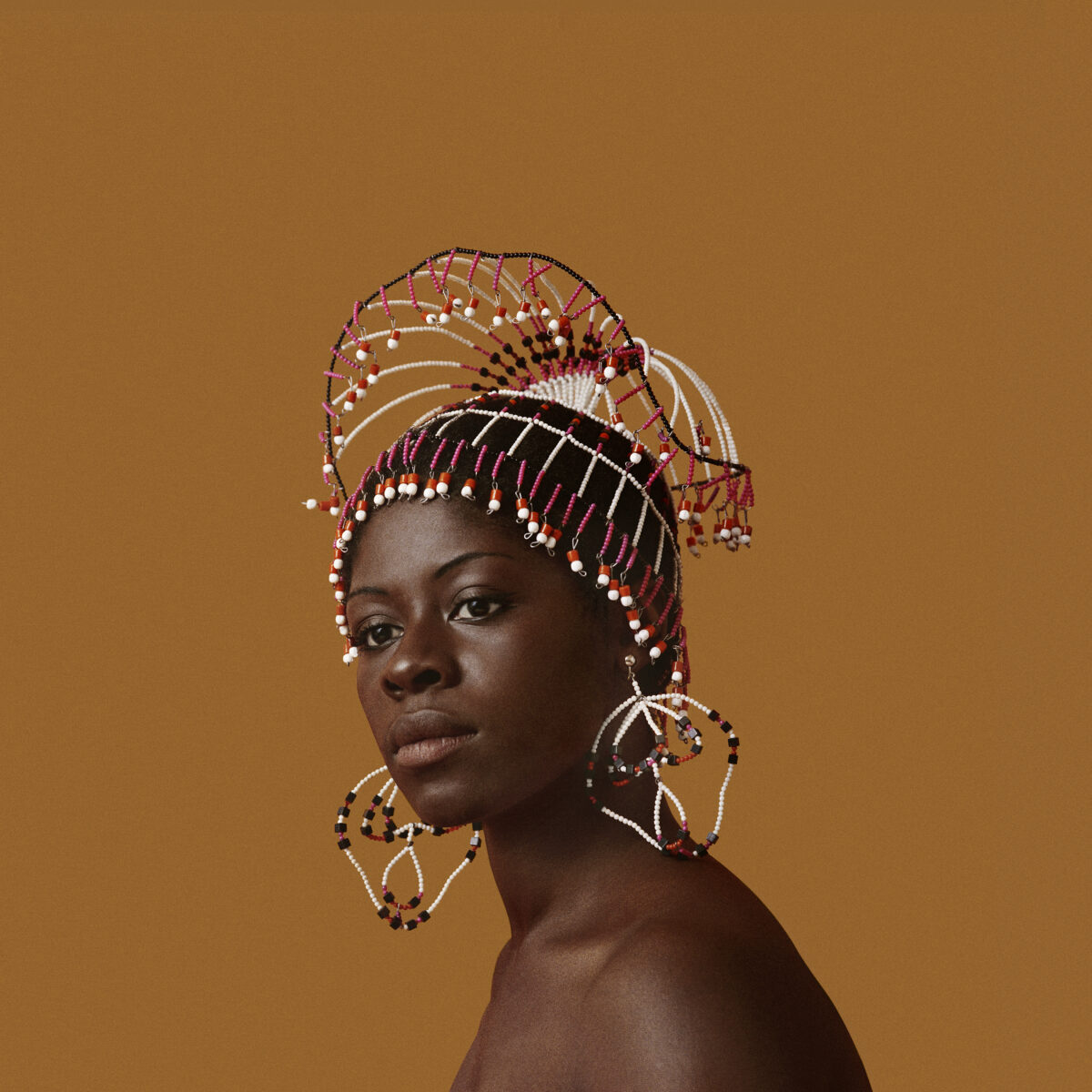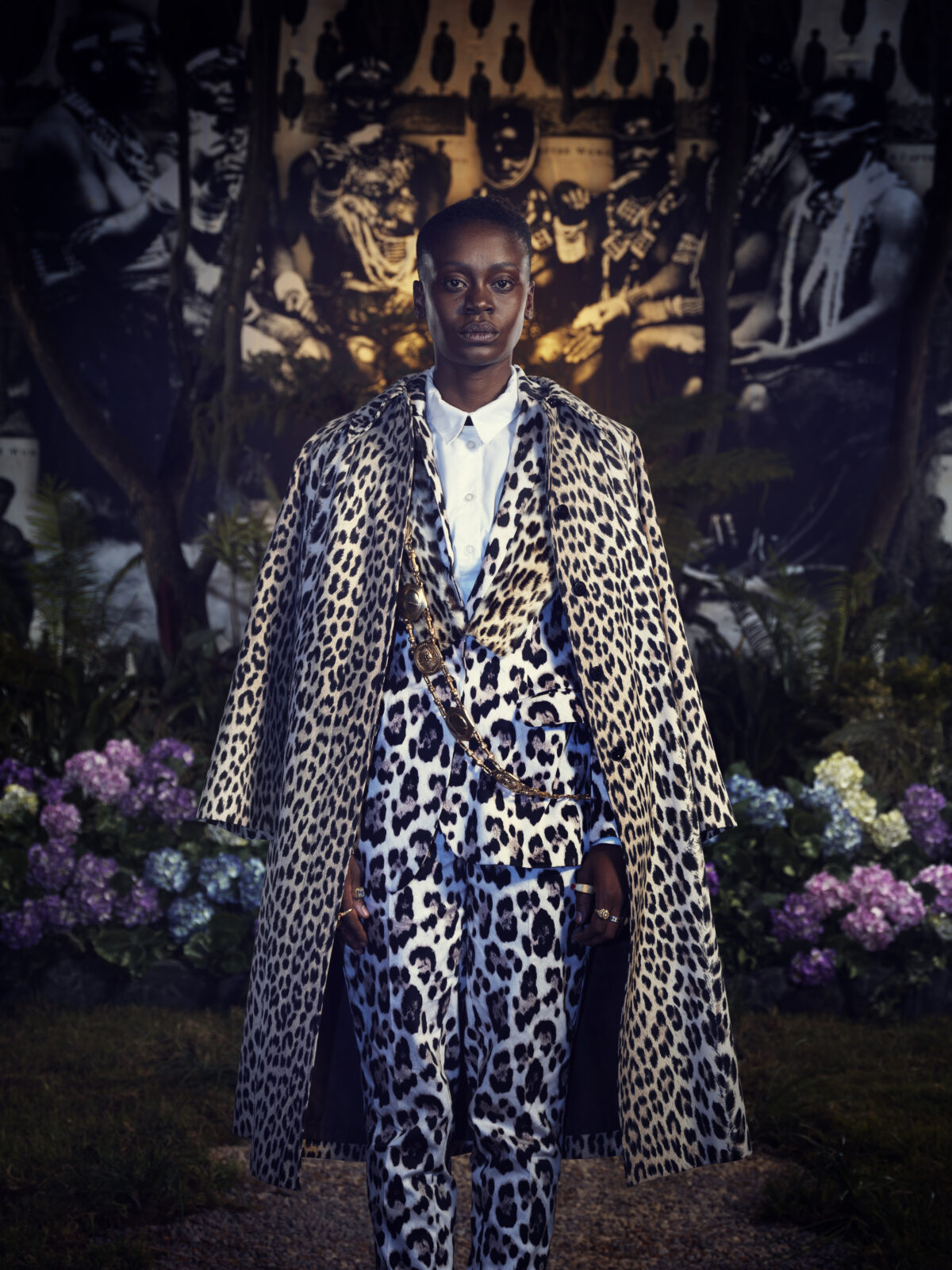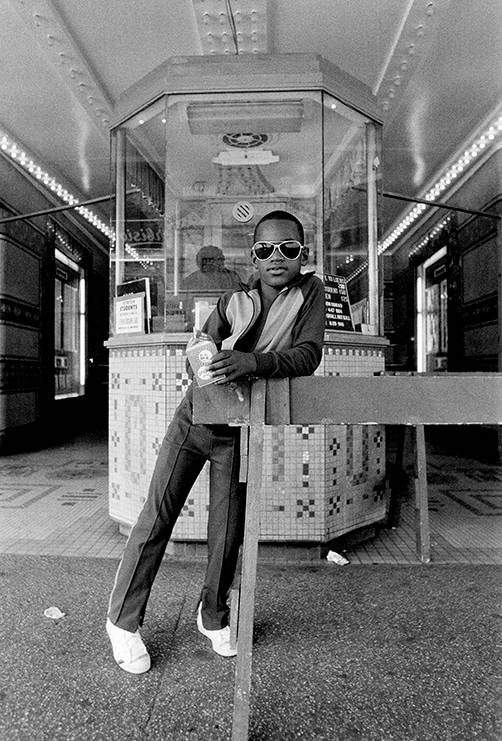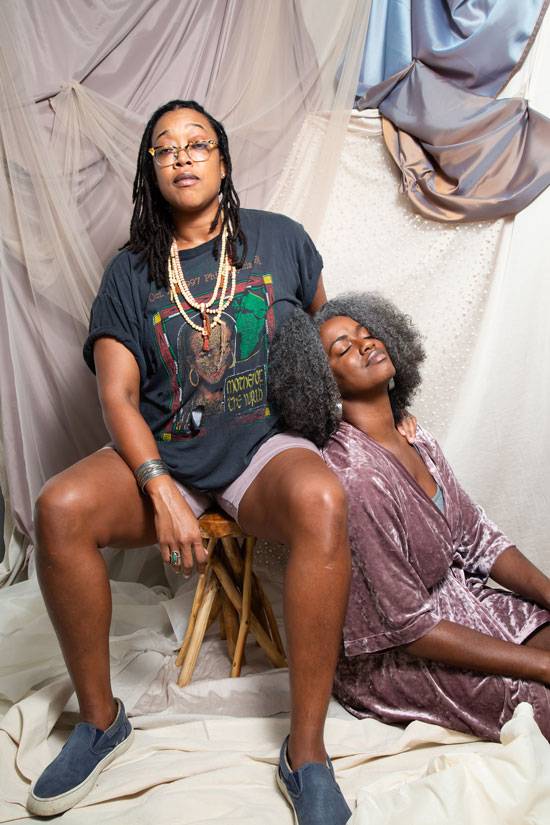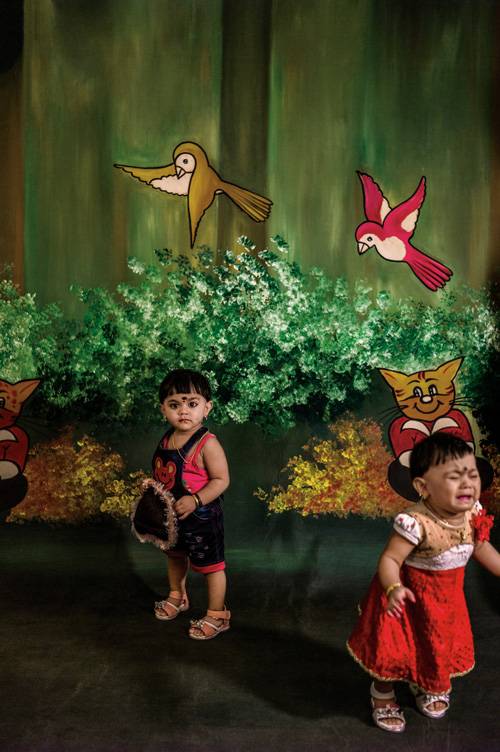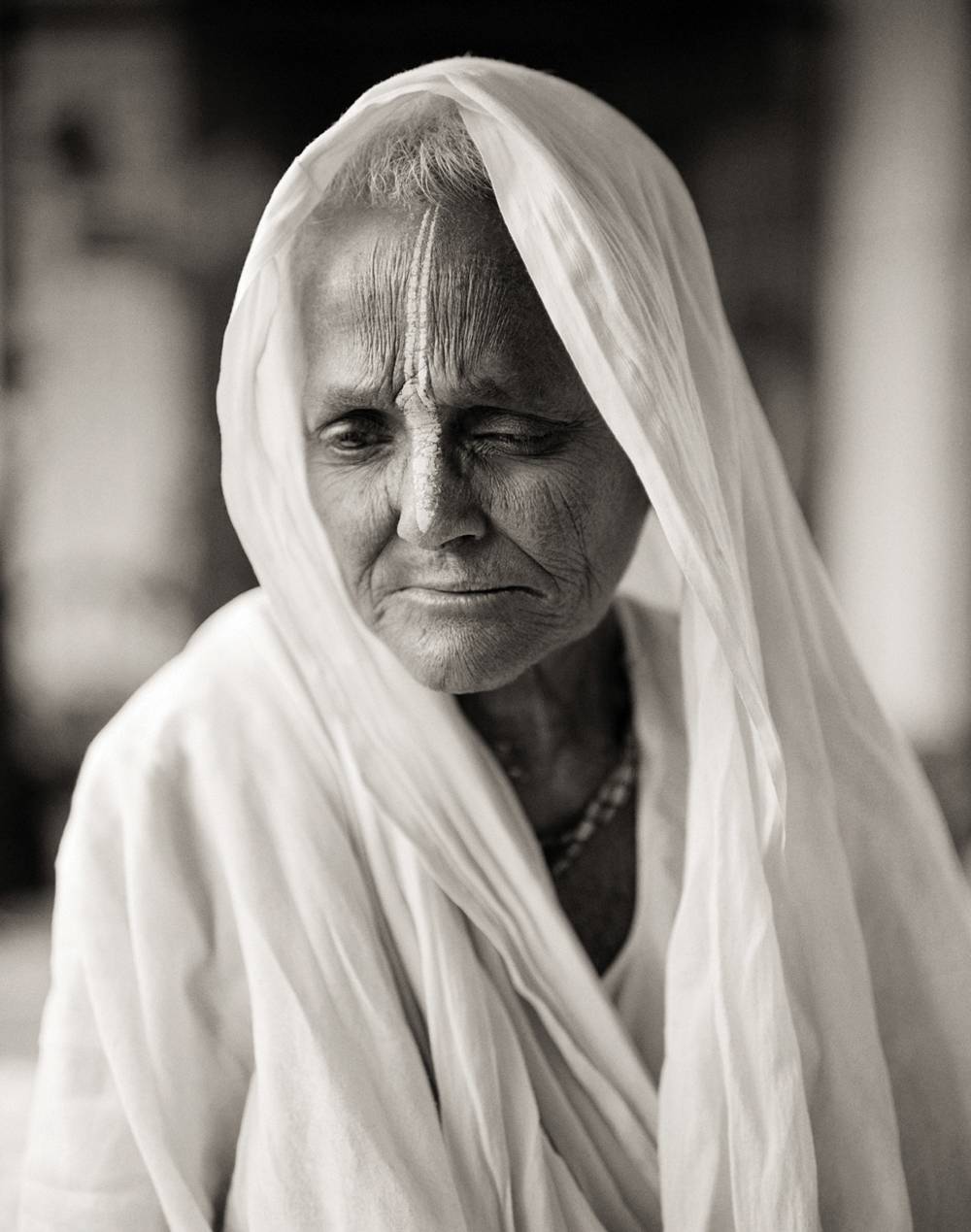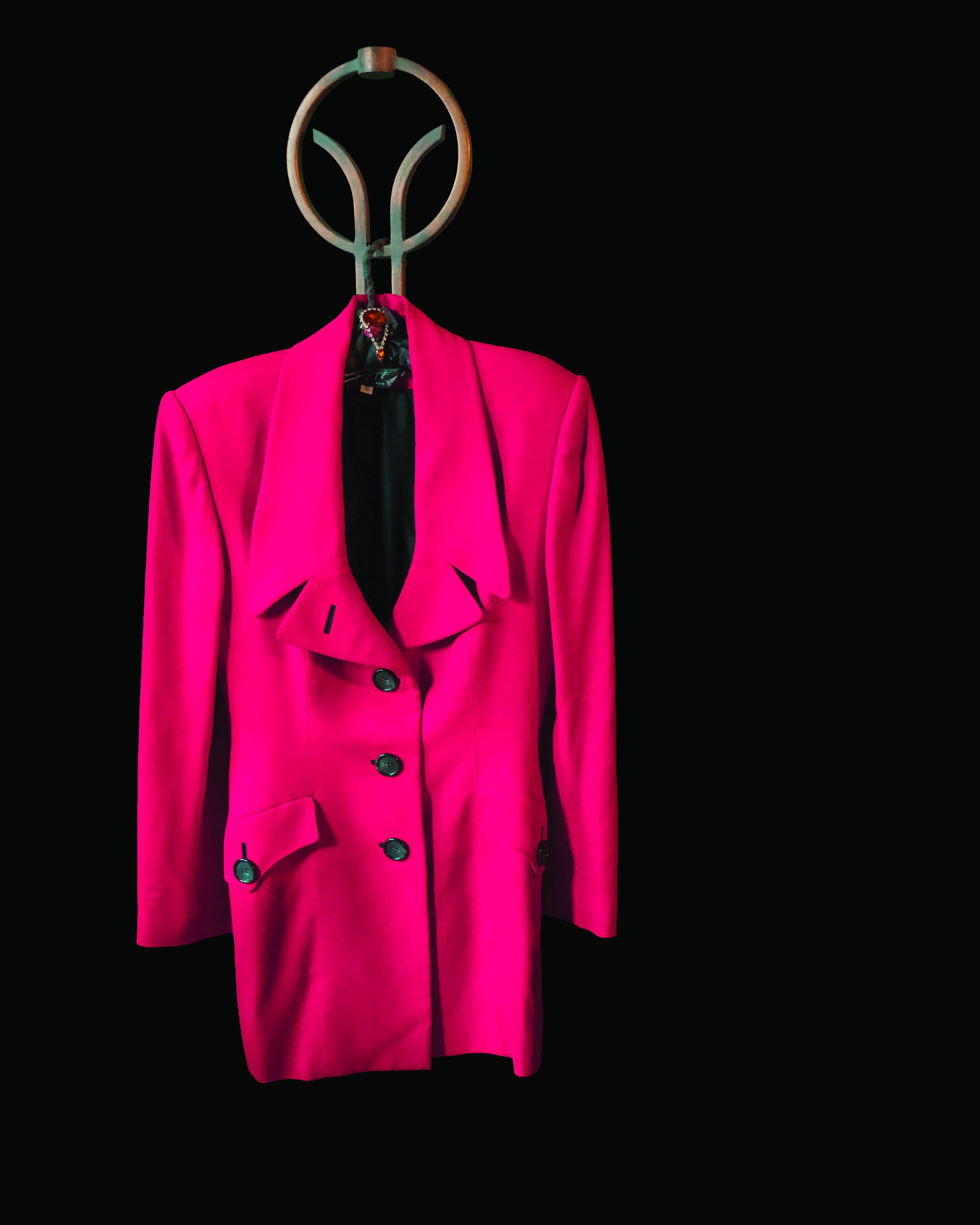

Deborah Willis’s latest exhibition offers a subtle, populist commentary on the democratization of style, while also speaking to the politics of visibility and invisibility.
Organized by Curator-in-Residence Kalia Brooks, the exhibition is on view through December 21 at Shine Portrait Studio at Express Newark, a former department store and the site of photographer James Van Der Zee’s first commercial job in 1911.
Van Der Zee’s legacy as a prominent African-American portrait photographer and Willis’s stature as a scholar of African-American photography – she was also the driving force behind an international series of conferences on black portraiture from 2013 to this year, hosted by New York University in conjunction with Harvard University – frame an elevated conversation on fashion.
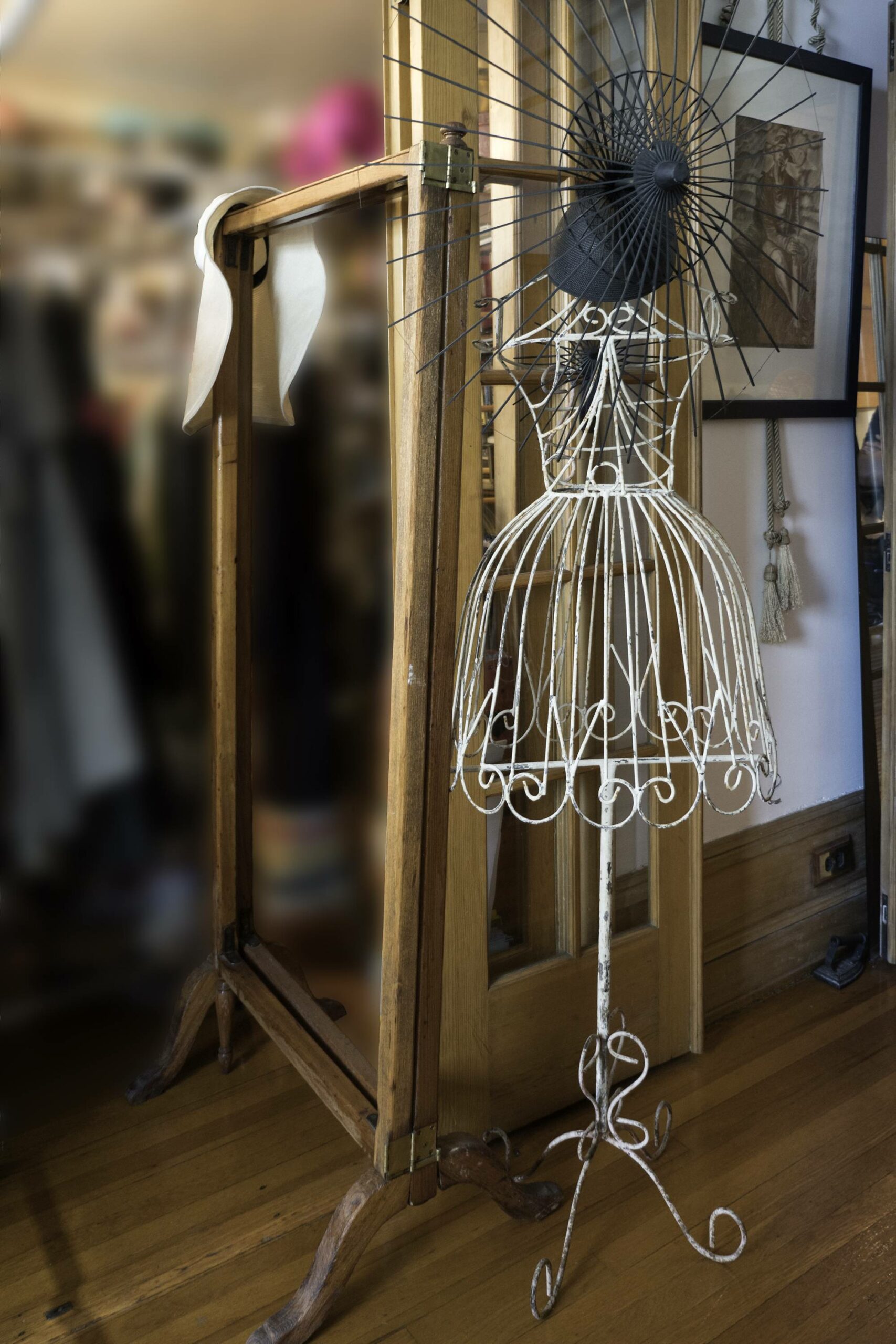

A conceptual investigation of the performance of identity, self-fashioning, and the metaphor of the “closet” underlies the curatorial intent of the exhibition. The accessibility of the work, a result of Willis’s choice of subjects, content, and materials (archival pigment prints and low-tech adhesive vinyl), opens it up to a broad audience, in keeping with the studio’s mission of community inclusion.
Despite the absence of the body within Willis’s portraits, her photographs make visible a rich mix of cultural influencers. The work reveals a fascinating story of lives interwoven into the fabric of Newark through photographs that include: the storefront window of a clothing boutique owned by renowned local fashion designer Marco Hall; a demure black lace dress belonging to Newark’s own “Glambassador” and author of 100 Things To Do In Newark Before You Die, Lauren Craig; the attire of the dapper former director of Harlem’s SchomburgCenter for Research in Black Culture, Khalil Gibran Muhammad; and the ties of Wayne Winborne, director of the Institute of Jazz Studies at Rutgers University. Overall, Willis’s portraits accent the humanity of her subjects by offering a well-worn and well-loved material counterpoint to mass media’s clinical, aspirational and retouched presentation of fashion as a capitalist commodity.

